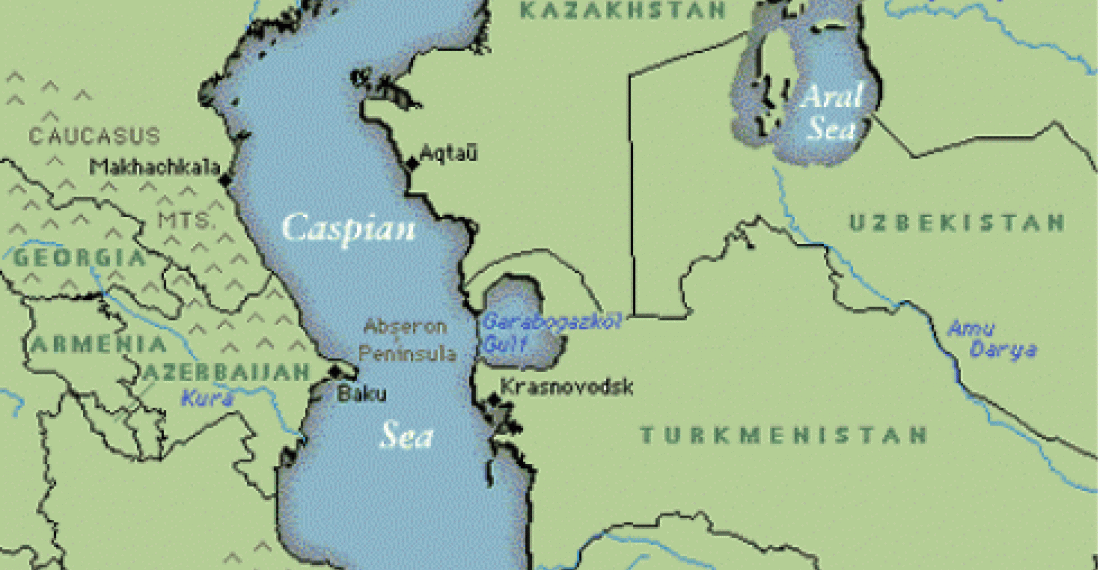The five Caspian Sea Littoral states hope that it would be possible to sign a Caspian Sea Convention when their heads of state meet in Astana in 2016. This was stated at a meeting of the working group of the five states that convened at Deputy Foreign Minister level in Baku this week. The five states, Azerbaijan, Kazakhstan, Iran, Russia and Turkmenistan, have been negotiating the convention between them for some years.
In statements at the end of the meeting the representatives of the five states indicated that some progress had been made during the negotiations but that a number of issues remain outstanding. Among them is the crucial issue of determining the status of the Sea - which some say is a lake and thus not subject to the usual rules prevailing on the high seas. In a communique at the end of the meeting it was stated that "The sides stressed the importance of intensification of the negotiation process, exchanged views and made new proposals regarding some articles of the convention".
Azerbaijani Deputy Foreign Minister Khalaf Khalafov told a press conference at the end of the meeting that issues related to the legal status of the Caspian Sea are now in an advanced level of negotiations, and more than 80% of the provisions have been agreed.
"I believe we're going to resolve any outstanding issues. Prior to the Astana summit, we need to prepare all provisions of the draft Convention so that we could come to an agreement," he added.
Among the items of contention in the negotiations is the right of countries to lay down underwater pipelines in their sector of the Sea. Both Azerbaijan and Turkmenistan are very keen to do this, but Russia and Iran have been trying to put obstacles. The matter remains unresolved.
The Baku meeting on 4-5 March was the 39th of the ad hoc Working Group on the legal status of the Caspian Sea. The next meeting is expected to be held in Tehran before the summer.
source: commonspace.eu with agencies







